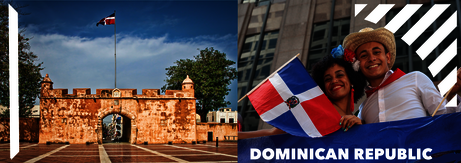Summary of operations
Road Infrastructure: Financing for 148 kilometers of highways.
Energy: Financing for the generation of 80 megawatts of clean renewable energy.
Agro Sector: US$ 60 million for the strengthening of the agricultural sector with a sustainable technological approach.
A 228% increase in the amount estimated in the 2021-2026 country strategy, reaching US$ 1.8 billion. In the previous five-year period the disbursement amounted US$ 533.9 million.
PROJECTS
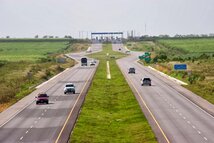
Coral Highway Project
It consisted of the construction of a 70-kilometer-long, 4-lane highway, for which financing of US$70.0 million was allocated.
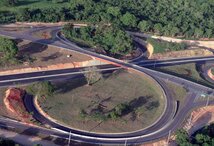
Improvement and Expansion of the Eastern Road Corridor for road sections
San Pedro de Macorís-La Romana Section, La Romana Beltway Section and Eastern Tourist Boulevard Section, totaling 78 kilometers in length and representing the best road infrastructure in the country.
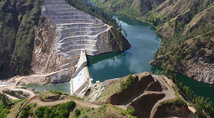
Palomino Hydroelectric Project
With a clean and renewable energy generation capacity of 80 megawatts, it is located in the Province of San Juan. For its execution, the Bank allocated financing for a total amount of US$ 130.0 million
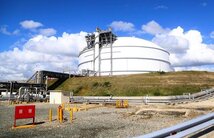
Construction of a 50-kilometer gas pipeline in San Pedro de Macorís
Loan in favor of AES Dominicana for a total amount of US$54.00 million.
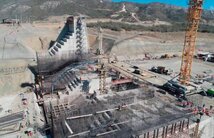
Montegrande Multipurpose Dam Project Phase III
With current financing of US$249.6 million
CABEI directors meet this week in the Dominican Republic
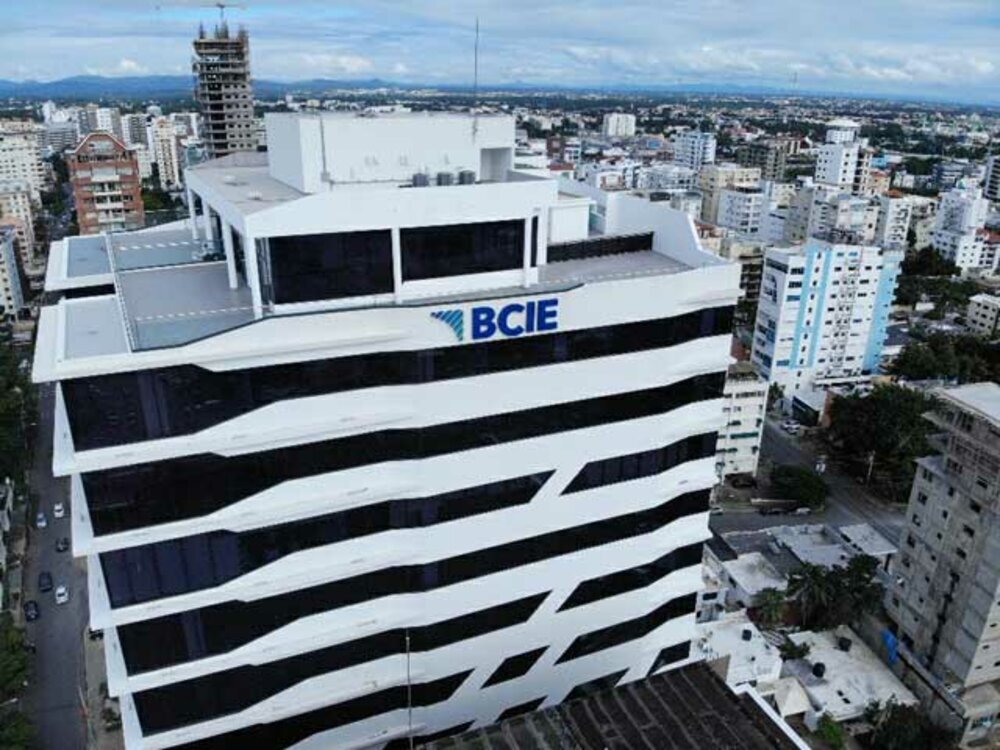
The event will be held on August 16th and 17th and will include visits to projects of great social impact in the country.
Santo Domingo, August 15th, 2022 - This Tuesday, the Central American Bank for Economic Integration (CABEI) begins its monthly session of the Board of Directors in the Dominican Republic, where initiatives framed in the multilateral's 2022-2024 Operational Plan will be analyzed and discussed, with which it plans to promote the sustainable development of its member countries.
The work agenda includes visits to important projects that have CABEI's financial and technical support, such as the Monte Grande Phase III Multipurpose Dam, which is currently 75.5% complete, as well as initiatives related to transportation and mobility such as the construction of Santo Domingo 2C Metro Line Construction Project, which, once completed, will benefit more than 750,000 Dominicans. In addition, in order to explore new projects, an inspection of the Ozama River is planned.
"It is always an honor to visit our ambassador country in the Caribbean, the Dominican Republic, on this occasion with our Directors, who will have the opportunity to learn personally how the Bank's support is materializing in this partner country. At the same time, it is appropriate to ratify our commitment to provide support and coverage for the plans, policies and programs defined as priorities by the national authorities, since they directly benefit the improvement of the population's quality of life," said CABEI Executive President, Dr. Dante Mossi.
At the Board of Directors' meetings, the member countries of the multilateral, represented by their Directors, analyze and approve initiatives, operations and strategies with the potential to positively impact the economic, social and environmental development of the region and its population.
CABEI has benefited more than 6 million Dominicans through programs and projects that the Bank has supported in the country through financing totaling US$1,163.8 million for the public and private sectors.

